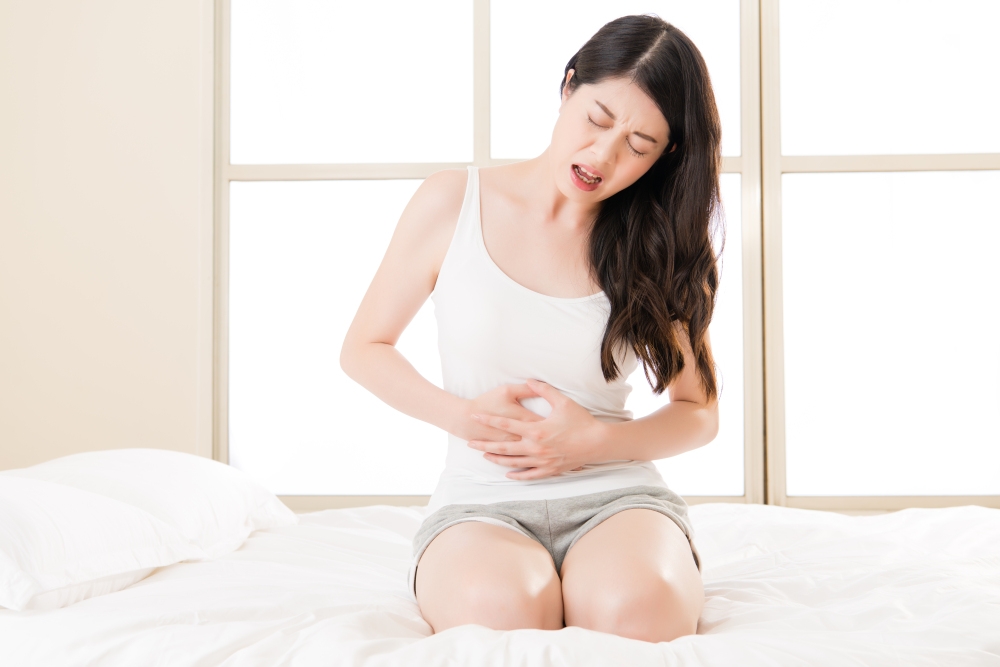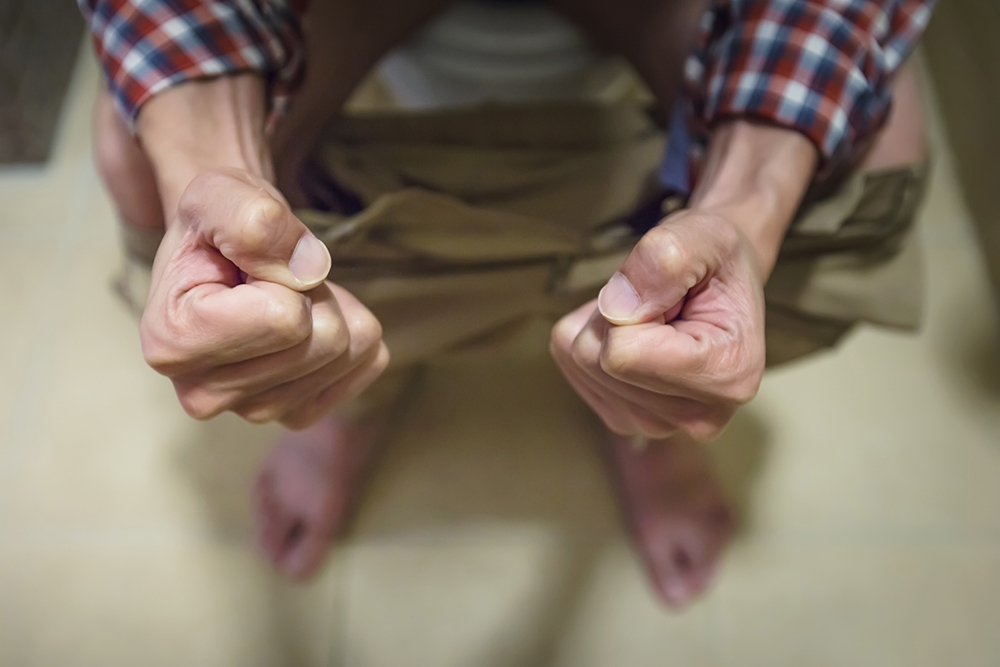
Constipation is a very common trivial matter, but it is hard to say.
I believe many old friends have experienced the feeling of experiencing wasteland in the toilet.
If constipation has caused you trouble, it really needs to be paid attention to.
Today we will invite Dr. Wei Wei to tell you about it.
First, do you really have constipation?
Many factors such as human food intake and intestinal flora will affect stool. There are individual differences in defecation and there is no strict standard.
Therefore, not everyone needs to [banana poop] once a day.
The following criteria can help you judge whether you have constipation:
- Can defecate easily without much effort, does not feel pain and does not take too much time when defecating; The number of excrement is not so low that one often feels bloated or uncomfortable, nor is it too frequent to affect one’s life, work and social intercourse. When you have a sense of convenience, even if you can’t go to the toilet immediately, you can wait for a few minutes instead of being unable to endure it.
If you fully meet the above criteria, then congratulations, continue to live a happy life, don’t need to look down any more.
The real constipation is those cases where defecation is laborious and time-consuming, and the number of defecations is obviously reduced to less than 3 times a week.
Chronic constipation troubles 4% ~ 6% of adults, of which the elderly are more than the young and the women are more than the men.
Second, constipation is caused by what?
Most constipation is a functional disease with no very definite cause.
Some of them [walk slowly], the propulsion and peristalsis of the colon are reduced, and the course of feces is slowed down, which is manifested by less defecation times and especially dry feces.
Some are [poor response], rectal sensitivity is reduced, defecation signals cannot be sent out in time, anus and rectum do not coordinate during defecation, mainly manifested by laborious defecation, and the feeling of not being completely defecated.
Others are [thinking too much] and have no obvious colon movement abnormalities and muscle coordination problems, which may be related to mental and psychological abnormalities and colon flora abnormalities.
Constipation not only makes people uncomfortable physically and mentally, but also may bring other hazards due to laborious defecation. One is rectal perianal lesions mainly caused by hemorrhoids, and the other is cardiovascular and cerebrovascular accidents.
Many people believe that constipation leads to colorectal tumors or skin pigmentation, but there is no relevant research support.

Three, constipation, what should I do?
[Three More and One Rule] is the diet and lifestyle that constipation patients need to follow, i.e. More dietary fiber, more water, more exercise and regular defecation.
There are also some details and misunderstandings that are easy to ignore, which need to be communicated with you:
1. Can constipation be handled by itself?
Although most constipation is a functional disease, some constipation is only a manifestation of organic diseases.
For patients over 40 years old, if constipation accompanied by emaciation, hematochezia and other alarm symptoms suddenly occurs, they should go to see a doctor for necessary examination to exclude other diseases.
If the correct lifestyle adjustment and routine safe laxative drugs (including lactulose, polyethylene glycol and proLucapride) still cannot achieve satisfactory results, further examination is also required to determine the specific types of constipation before applying the optimal drugs or other treatment methods.
2. Dietary Fiber Neglected by You
Dietary fiber cannot be digested and absorbed by human body, is the [skeleton] of stool, and can also directly stimulate intestinal peristalsis, so it plays a very important role in the treatment of constipation.
Most of the dietary fiber we usually notice is vegetables, fruits and coarse grains, but mushrooms and beans are neglected.
From the content point of view, mushroom and nuts are the two kinds of foods with the richest dietary fiber, but nuts themselves have high calories and can only be eaten in small quantities, so mushroom is the best choice to supplement dietary fiber.
Beans are not only rich in dietary fiber, but also can supply energy for intestinal probiotics.
Therefore, constipation patients, in addition to the conventional diet of many fruits and vegetables and coarse grains, also recommend at least one meal a day containing mushroom and bean products diet.
3. Drink honey water to treat constipation?
Honey water is probably the most commonly used folk prescription for constipation patients.
Drink hot, drink cold, get up and drink before going to bed… but can honey moisten the bowels and relieve constipation?
Some people say that honey is sticky and lubricating in appearance, which can moisten the bowels and relieve constipation. However, honey must be digested and absorbed after entering the belly, and it will definitely not be in this lubricating state when reaching the colon.
Others said that fructose contained in honey is not easy to be absorbed by human body and can absorb water to increase stool volume and promote defecation after reaching colon.
However, if you want to have obvious effect, you need to consume more than 50 grams of fructose every day, which translates into at least 150 grams of honey. Such a large amount of honey will bring a high glucose burden, and this laxative method is really not a wise choice.
Apart from good taste, there will be no obvious difference between a cup of honey water and a glass of water in relaxing constipation in what.
4. Eat bananas to treat constipation?
The use of bananas to treat constipation stems to a large extent from people’s health concept.
Is this really the case?
Unfortunately, raw bananas are easy to cause constipation due to their high tannic acid content, and even ripe bananas are not good for relieving constipation.
Because the cellulose content of bananas is relatively low, the cellulose level of other common fruits, such as apples, oranges, pears and pitaya, is significantly higher than that of bananas.
In fact, bananas are more suitable for diarrhea patients because of their characteristics, coupled with their ingredients to protect intestinal mucosa, relatively rich potassium content and high calories.
Therefore, you can eat more fruits to relieve constipation, but bananas are not the best choice among fruits.
